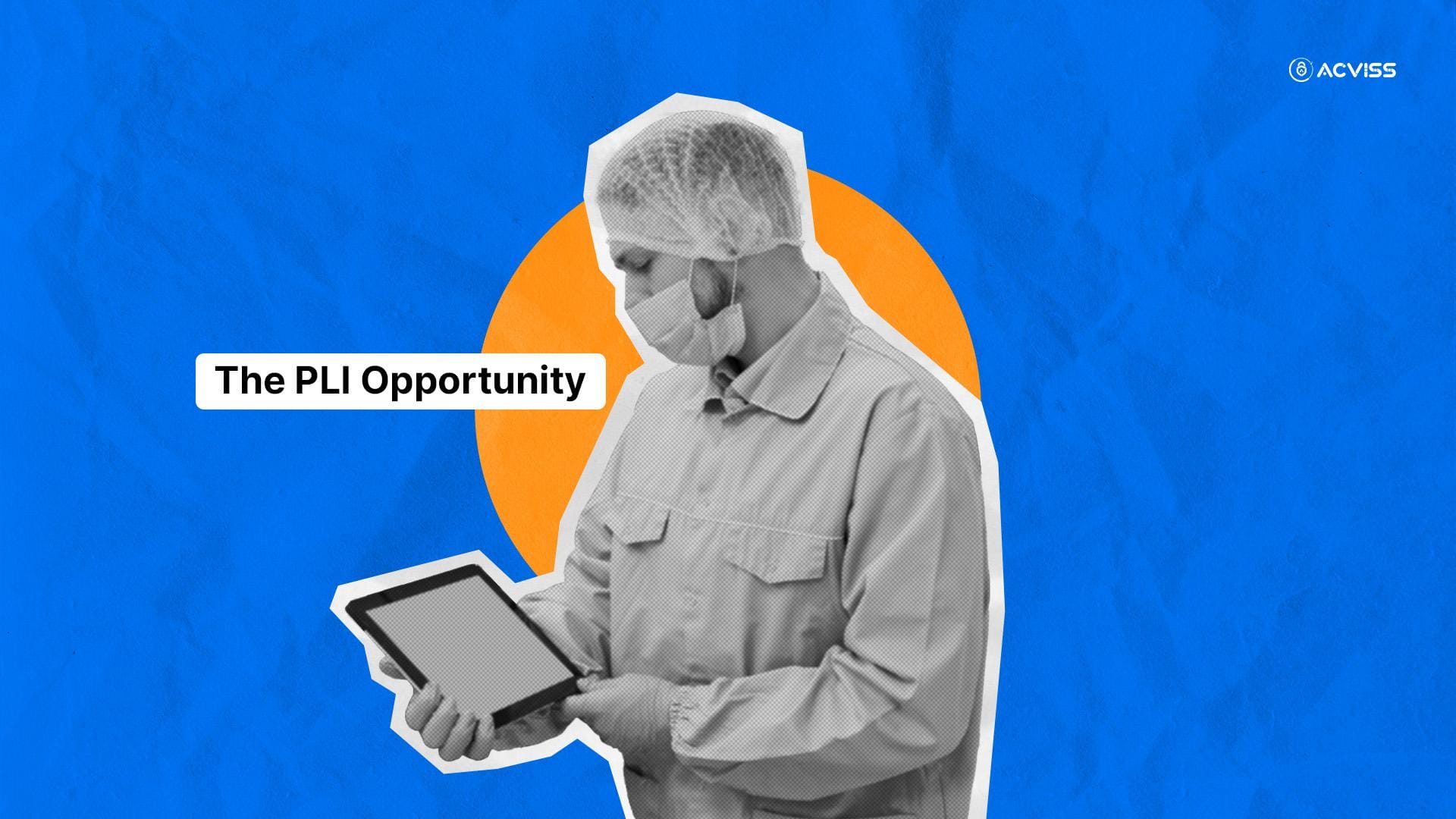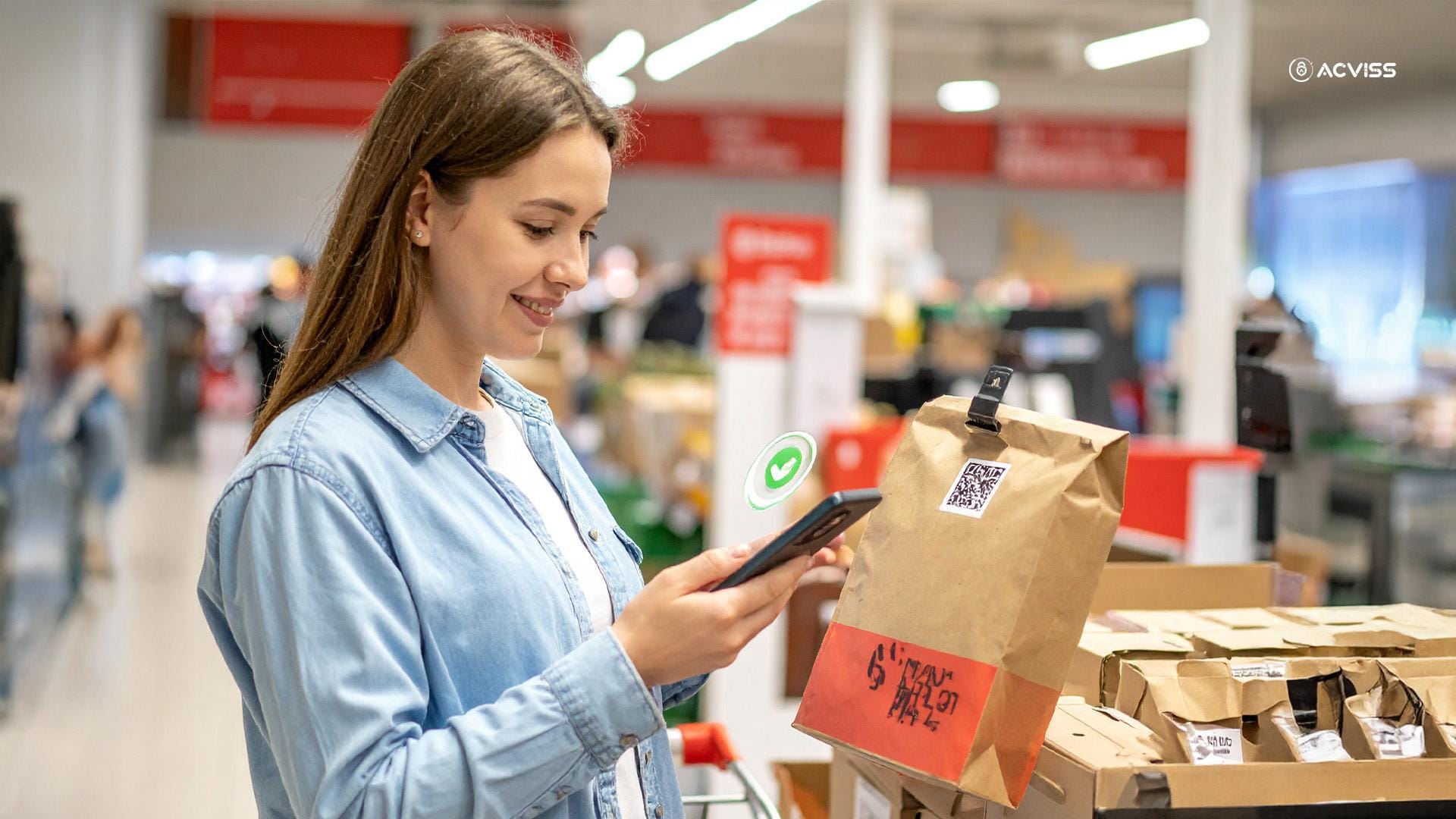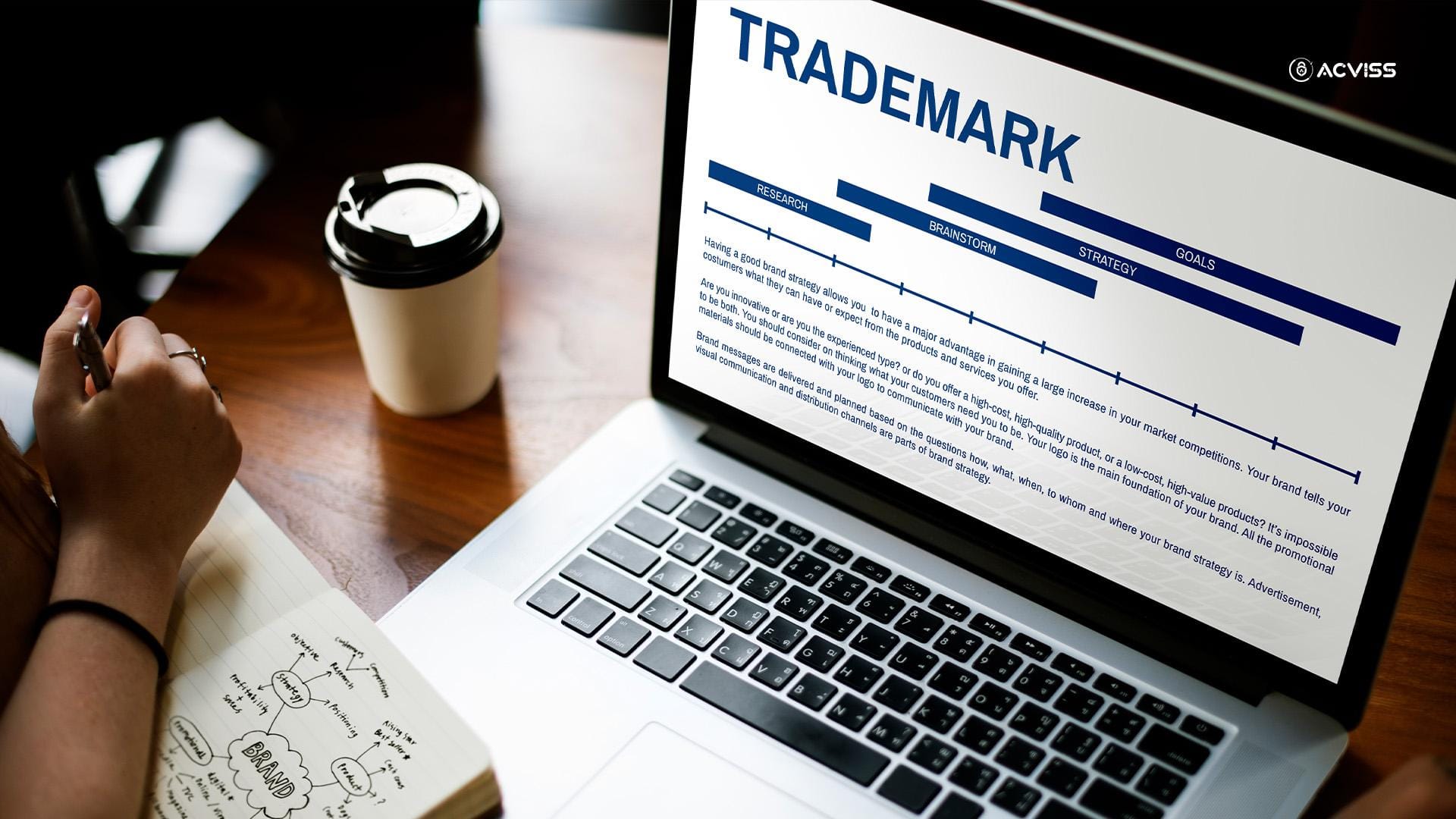The PLI Opportunity: How Brands Can Ensure Growth Without Compromising Trust

The Production Linked Incentive (PLI) scheme has been widely hailed as a transformative initiative for India’s manufacturing sector. It promises exactly what ambitious brands crave: scale, competitiveness and a chance to become part of a global value chain. But amid this enthusiasm lies a quieter challenge that many brands don’t fully anticipate: scaling without losing consumer trust.
As companies ramp up production and stretch their supply chains across geographies, the risk of product dilution, counterfeiting and brand misuse increases. Rapid growth, when not managed with precision and foresight, can threaten the very foundation of what makes a brand reliable, its authenticity.
So, how can brands seize the PLI opportunity without sacrificing credibility?
Let’s unpack the dynamics at play and explore practical ways to protect trust, even at scale.
Understanding the Scope of the PLI Scheme
The Production Linked Incentive (PLI )scheme is designed to encourage domestic manufacturing by providing incentives based on incremental sales of products manufactured in India. Sectors such as electronics, pharmaceuticals, food processing, textiles and automotive have already seen a surge in participation.
For brands, this translates into:
- Lower production costs
- Increased capacity
- Greater export opportunities
- Wider supply chain networks
But it also introduces greater operational complexity. Supply chain management, once linear, now demands transparency across multiple tiers. And where there's complexity, vulnerability to counterfeiters grows.
Scaling Up: The Hidden Risks of Growth

When a brand moves from producing a few thousand units to millions, the chances of leakage, duplication or unauthorised access within the supply chain increase exponentially. The problem is compounded when third-party manufacturers or distributors get involved, and even more so when consumer-facing channels expand.
Here are some of the trust-related risks that PLI-era brands must prepare for:
- Counterfeit Products: Increased volume and decentralised manufacturing create loopholes that counterfeiters exploit.
- Loss of Product Traceability: As products move faster through wider distribution networks, track and trace becomes harder to maintain without robust systems.
- Grey Market Activity: Products intended for one market may end up in another, disrupting pricing and eroding brand equity.
- Warranty Fraud: Without proper product verification, unscrupulous actors may misuse warranty systems, costing brands money and credibility.
- Dilution of Brand Values: Rapid scale can make it harder to ensure consistent product quality and messaging, affecting consumer perception.
The Role of Trust in the PLI Era
Trust isn’t a buzzword; it’s a brand asset. And in a digitally empowered, review-driven marketplace, consumers are far more sceptical and discerning. They want to know:
- Is this product genuine?
- Was it ethically manufactured?
- Can I trust this warranty?
- Will I be rewarded for my loyalty?
Without concrete answers, even the most competitively priced product will struggle to retain customers.
Brand protection solutions are no longer just about responding to threats; they’re about proactively building systems that guarantee authenticity, traceability and transparency at every touchpoint.
Building a Foundation of Trust with Product Authentication

Authentication is the starting point of trust. It assures the consumer that the product is what it claims to be, no substitutes, no counterfeits.
Using non-cloneable digital labels or secure QR codes, brands can empower consumers to verify a product’s authenticity with a quick scan. This does two things:
- Builds confidence in the product
- Deters counterfeiters who rely on consumer ignorance
Authentication solutions can also include product metadata such as manufacturing origin, batch numbers and expiry dates, providing end-to-end product traceability. For manufacturers participating in the PLI scheme, this is especially useful when proving compliance with export regulations and audits.
Acviss’ product authentication technology works precisely in this space. It uses advanced AI and blockchain systems to validate and protect genuine products in the supply chain, without disrupting current operations.
Track and Trace: Visibility as a Strategic Advantage
Traditional supply chain management often ends at the distributor. But today’s reality demands that brands follow the journey of a product to the consumer’s hands.
A track and trace system:
- Enables real-time visibility into the product’s movement
- Identifies weak links or suspicious diversions
- Helps isolate and resolve issues quickly
- Supports regulatory documentation
In sectors like pharma, electronics or auto components, key PLI beneficiaries, track and trace is no longer optional. It’s critical for IP protection, brand authentication, and global compliance.
When done right, it also forms the backbone of meaningful consumer interaction.
Enhancing Customer Experience with Smart Loyalty
What if authentication could do more than just verify a product?
What if the same interaction could be used to reward your customer, engage them directly and collect insights?
That’s where solutions like Acviss Bonus step in. Brands can embed loyalty programmes directly into product authentication touchpoints. This creates a win-win:
- Consumers get rewarded for buying genuine products
- Brands get direct access to data about purchasing patterns, locations and repeat behaviours
Incentivising product verification not only boosts brand verification rates, but it also converts casual buyers into long-term loyalists, vital for success in a competitive, fast-scaling environment.
And importantly, it provides brands with real-time analytics that feed back into better supply chain and marketing strategies.
Securing IP and Trademark Assets During Expansion

As brands grow under the PLI scheme, they often expand into new markets and segments. This is where intellectual property becomes extremely vulnerable. With increased exposure comes increased imitation, from packaging to trademarks to full product replicas.
To avoid expensive legal battles or brand erosion:
- Ensure all trademarks and IP are registered and updated across key markets
- Monitor online and offline marketplaces with anti-counterfeiting technologies
- Employ digital IP protection tools that identify and remove fraudulent listings proactively
Digital brand protection platforms like Acviss' Truviss use machine learning and image recognition to scan marketplaces and social media in real time, flagging infringing content before it causes damage.
Even small brands, especially in niche categories, can no longer afford to ignore this layer of brand protection.
Creating a Culture of Trust, Internally and Externally
Trust doesn’t come from one tool. It’s a culture. It’s a decision a brand makes to prioritise long-term loyalty over short-term gains.
That means:
- Training internal teams on the importance of product integrity
- Investing in brand protection solutions that scale with growth
- Partnering with the right technology providers who understand your goals
- Listening to consumers and rewarding their trust with transparency
As the PLI scheme accelerates your output, make sure your trust-building infrastructure grows alongside.
Growth Without Compromise
The PLI opportunity is massive, but so is the responsibility that comes with it. In the race to scale, brands must not sideline the systems that protect trust.
From product authentication to track and trace, IP protection to smart loyalty, the tools are available. What matters is how thoughtfully you deploy them.
Build a future where growth and trust aren’t trade-offs, they’re partners.
Interested in learning more about how to protect your brand while scaling?
Get in touch with us to explore how Acviss can help you build trust, ensure compliance and stay ahead of the counterfeits.
